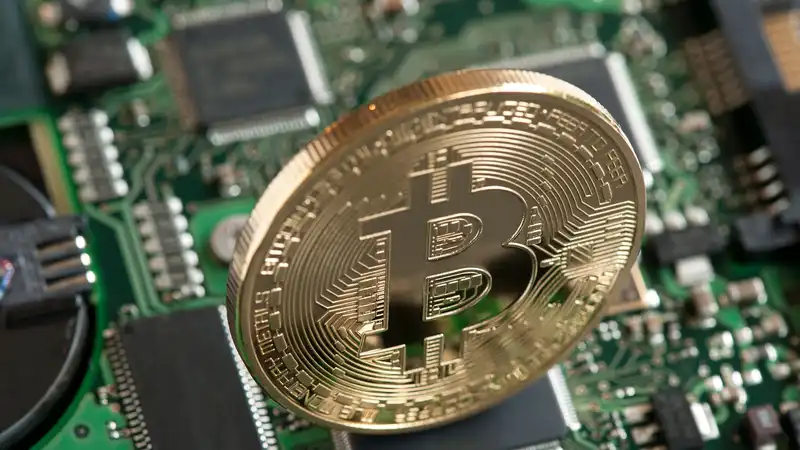Whether you are a bitcoin maximalist, think it is a huge scam, or somewhere in between, what is indisputable is that mining bitcoin uses a lot of energy. To keep costs as low as possible, miners look for cheap energy. The lower the cost of energy, the greater the profit. And few countries have energy costs as low as Iceland. The explosive demand for cheap electricity means that Iceland has become a global hub for bitcoin mining, but Iceland's Prime Minister Katrine Jakobsdottir is not happy about it.
In an interview (paid) with the Financial Times (via crypto.news), Jakobsdóttir outlined her vision of shifting the focus from mining to more efficient energy use, particularly food production. She specifically mentioned corn, noting that the island nation imports more than 50% of its vegetables and almost 100% of its grain.
As the name suggests, one would not expect to grow sun-filled crops in Iceland, but the country is blessed with access to affordable renewable energy sources such as hydroelectric and geothermal power. If properly utilized and distributed, Iceland could increase its food production without much difficulty.
But to do so, other market sectors will have to compete with the greed of bitcoin miners who are preparing for a mining reward halving event estimated to occur around April 20. In other words, miners are trying to lower their costs in the face of lower rewards, making Iceland an even more attractive market for large miners.
As the value of bitcoin rises and mining becomes more profitable, it is unlikely that the demand for electricity to power mining farms will decrease anytime soon.
Iceland is located on a ridge in the mid-Atlantic. It has been in the news for the past few months thanks to a series of volcanic eruptions. This makes a huge amount of renewable energy available, but it makes little sense if the demand for mining continues to increase at the expense of other sectors of the economy and households.
Iceland's concerns are only part of a growing problem. Increased energy demand will stress the local power grid, raise electricity prices, and, of course, adversely affect the climate. A report from the U.S. Energy Information Administration cites a study by the Cambridge Center for Alternative Finance that found that bitcoin mining alone accounts for nearly 1% of global energy consumption, or as much as the entire country of Greece or Australia.
If the upward trend in bitcoin prices continues, energy consumption, sustainability, and the regional implications of mining in Iceland and elsewhere will become ever more pressing topics.


Comments